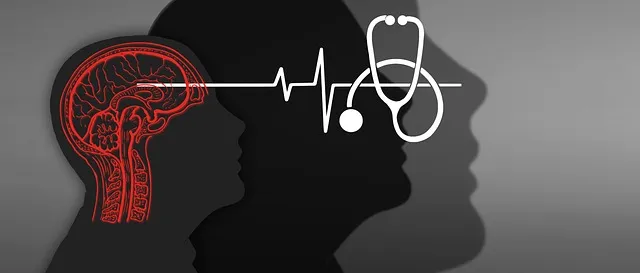Kaiser provides superior inpatient mental health care through advanced assessment tools that go beyond traditional diagnosis, evaluating psychological factors like emotional intelligence and self-esteem. Their holistic approach creates personalized treatment plans, enhancing outcomes and promoting lasting improvements in self-esteem and emotional intelligence. By integrating detailed assessments, stress management workshops, and public awareness campaigns, Kaiser fosters mental wellness both within and beyond hospital walls.
In today’s fast-paced world, understanding and prioritizing mental wellness is more crucial than ever. While comprehensive inpatient mental health services play a vital role, self-assessment tools are essential for early detection and intervention. This article explores the critical need for such tools, focusing on Kaiser’s innovative approach to inpatient mental wellness assessment. We delve into how their strategies can inspire the development of effective self-assessment tools, ultimately empowering individuals to take charge of their mental health and well-being. Discover how superior inpatient mental health care can be enhanced by these valuable resources.
- Understanding the Need for Inpatient Mental Health Services and Assessment Tools
- Exploring Kaiser's Approach to Inpatient Mental Wellness Assessment
- Developing Effective Self-Assessment Tools for Mental Wellness
Understanding the Need for Inpatient Mental Health Services and Assessment Tools

Inpatient mental health services play a crucial role in addressing severe and acute mental wellness issues, offering a specialized environment for intensive care and assessment. With increasing mental health challenges globally, tools that facilitate comprehensive evaluations within these settings are essential. Kaiser, known for its superior healthcare services, recognizes this need and has developed advanced inpatient mental health assessment tools. These tools go beyond basic diagnosis, delving into various aspects of an individual’s psychological state, including emotional intelligence, self-esteem, and overall mental health awareness.
By implementing such sophisticated assessments, Kaiser aims to provide personalized treatment plans that cater to the unique needs of each patient. This approach ensures that individuals receiving inpatient care benefit from a holistic understanding of their mental wellness, fostering better outcomes and facilitating longer-lasting improvements in self-esteem and emotional intelligence.
Exploring Kaiser's Approach to Inpatient Mental Wellness Assessment

Kaiser’s approach to inpatient mental wellness assessment stands out for its comprehensive and holistic nature. They recognize that mental health is intricately linked to overall well-being, going beyond mere diagnosis to understand individual needs. Their method involves a multi-faceted evaluation, encompassing psychological assessments, interviews with clinical staff, and an examination of the patient’s environment and support systems. This approach ensures a superior understanding of each patient’s unique circumstances, leading to more personalized treatment plans.
By integrating this detailed assessment process, Kaiser not only enhances inpatient care but also contributes to broader public awareness campaigns development. Educating both patients and their families about stress management techniques and available resources is a key component. Moreover, the organization frequently organizes stress management workshops to empower individuals with coping strategies, demonstrating their commitment to fostering mental wellness beyond hospital walls.
Developing Effective Self-Assessment Tools for Mental Wellness

Developing effective self-assessment tools for mental wellness is a multifaceted process that requires a deep understanding of both psychological theory and practical application. These tools play a pivotal role in helping individuals gain insights into their mental health, identify areas of concern, and track progress over time. Superior does Kaiser have inpatient mental health services? Indeed, organizations like Kaiser Permanente offer comprehensive care, but self-assessment tools can complement these services by empowering individuals to take an active role in managing their well-being.
Mindfulness Meditation and Coping Skills Development are integral components often incorporated into these assessments. By teaching users techniques to cultivate present-moment awareness and develop effective coping strategies, such tools can enhance overall mental wellness. Regular practice of mindfulness meditation has been shown to reduce stress, improve emotional regulation, and foster resilience—all crucial aspects for maintaining good mental health. Incorporating self-assessment features within mobile apps or online platforms can make these practices more accessible, allowing users to monitor their progress and adjust their strategies accordingly.
In conclusion, the development of robust self-assessment tools for mental wellness is paramount in addressing the growing need for inpatient mental health services. By examining innovative approaches like Kaiser’s method, we can create effective assessments that empower individuals to take charge of their mental well-being. These tools have the potential to revolutionize mental healthcare by providing early interventions and promoting proactive management of psychological health, ultimately enhancing overall quality of life.






